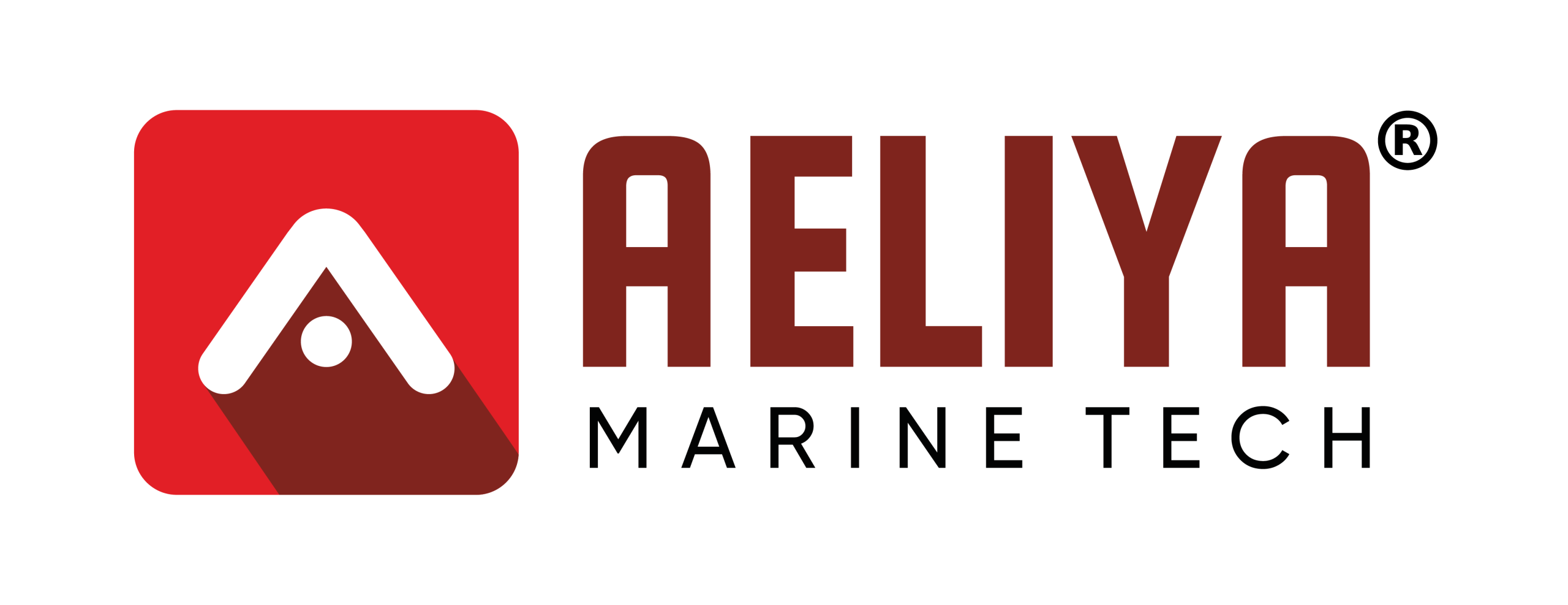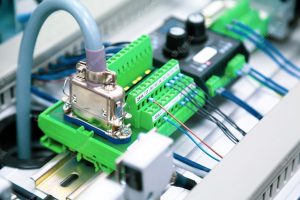Want to regulate, and automate your production process? If yes, then here you go! With more businesses seeking to automate their production processes, we at Aeliya Marine Tech, a PLC components Supplier, have robust devices to help your manufacturing industry grow and meet its goals.
There has been a dramatic growth in the use of automation in manufacturing over the past few decades. The programmable logic controller is an essential part of this automation system. In recent years, PLCs have become increasingly common in digital applications because of the proliferation of the IoT in manufacturing. A programmable logic controller (PLC) is widely employed in industrial operations for both one-time and periodic tasks. PLC components play a crucial role in industrial automation industries to control, monitor, and optimize production processes. New PLCs are crucial to the success of Industry 4.0 and have led to significant upgrades in manufacturing facilities.
An Overview of PLC Systems
A Programmable Logic Controller (PLC) serves as a specialized type of electro-mechanical device used for industrial automation. It is built to withstand the rigors of industrial settings while automating crucial processes. It is built to withstand the rigours of industrial settings while automating crucial processes. Also, used to control everything from simple processes like controlling lights and motors to complex automated processes in HVAC systems.
Several components of a PLC include:
- Input/output (I/O) modules: I/O modules allow the PLC to communicate with external devices such as sensors, actuators, and motors.
- Process controllers: Process controllers help the PLC interpret and process the data it receives from the sensors.
- Communication modules: Communication modules help the PLC communicate with other PLCs or computers.
Every part of automation is crucial to its functioning as a whole.
Types of PLC Systems
PLC components come in a variety of shapes and sizes. The most common types of PLC components are
-
Microcontrollers
Microcontrollers are the most basic type of PLC component. They control the PLC’s basic operations, such as turning on and off motors and lights.
-
Digital I/O modules
Digital I/O modules are used to communicate with external devices such as sensors and actuators. These modules can read digital signals, no matter if the switch is turned on or off.
-
Analog I/O modules
Analog I/O modules are another specialized PLC system component for Industrial Automation, used mainly to communicate with external devices. These modules can read analog signals, such as a voltage or current.
-
Communication modules
Communication modules can connect the PLC to other industrial computers. These modules can help to transfer data between two or more systems.
Benefits of using PLC Systems in modern manufacturing
There are many benefits to using PLC Systems in modern manufacturing.
-
Increased Efficiency
The most evident benefit of automated operations is their enhanced accuracy and efficiency. PLCs are meant to be dependable and capable of processing complicated data rapidly and precisely.
-
Reduced Cost of Production
Another benefit of using PLC components is the decreased cost of production. Automated processes require less human labor and costs.
-
Flexible & Adaptable
And lastly, PLC parts are versatile and may be used in a wide range of situations owing to their design. This means that the same components can be used in various applications, reducing the need to purchase new components for each application.
Factors to Consider When Buying PLC Components
When buying PLC system components for Industrial Automation, there are several factors to consider. The most important factors are the type of components needed, the quality of the components, the cost, and the supplier’s reputation. As it comes to purchasing PLC components, there are two main options:
-
Buying New or Used PLC Components
When it comes to buying PLC components, there are two main options:
-
Buying new
New purchases are the most common and, depending on the situation, the wisest option. These new PLC components can prove more reliable and useful to meet the latest standards for industrial automation.
-
Buying used
Buying used PLC components can be a great way to save money, but it’s important to be aware of the potential risks. Used parts run the risk of getting destroyed by high heat or other environmental factors.
Hence, whatever you buy, new or used PLC components, make sure that the components are compatible with the existing system.
-
Choosing a Reputable PLC Component Supplier
When choosing a PLC components Supplier, it’s essential to make sure that the supplier is reputable and reliable. A reliable provider should have a comprehensive collection of parts and offer helpful technical guidance.
Additionally, you must check that the provider has competence with the specific PLC components you want. Next, the supplier should be able to provide information about the components, such as the type of inputs and outputs they can handle, the maximum current and voltage they can handle, and the types of communications protocols they support.
Lastly, it is imperative that the provider delivers competitive prices. This will ensure that you receive the greatest value for your money.
PLC Systems are vital to industrial automation applications. They are reliable, productive, and economical. When acquiring PLC Systems, it is crucial to choose the appropriate provider in order to obtain the highest quality components at the lowest cost. We at Aeliya Marine Tech can help you select a PLC for your business. Contact us immediately for more information about our services!

